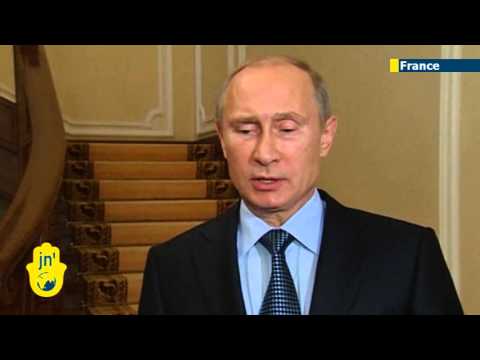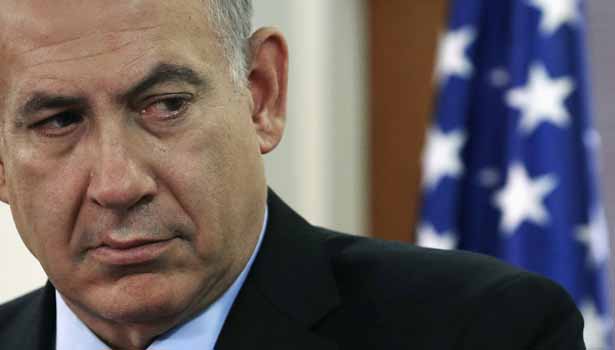http://www.ynetnews.com/articles/0,7340,L-4428767,00.html
As the international community tries to reach an understanding regarding Syrian chemical disarmament, Israel closely monitors the actions of President Bashar Assad. Officials made clear Wednesday night that Israel has not withdrawn, and the red lines it set in reference to Assad have not changed. In other words, Jerusalem clarified, if the Syrian president tries to deliver chemical weapons, or weapons that tip the scales in favor of Hezbollah, Israel will act to prevent their transfer.
“Our red lines have not changed,” said an Israeli official. “Assad should understand already that he should not play around with us on this issue. Our policy has not changed, despite what is happening in the international arena. If something looks to us like an unusual step, it will be dealt with.” These words were spoken even as the international effort to reach an agreement went up a level – Wednesday night five members of the UN Security Council were expected to meet to further discuss solving the Syrian crisis.
Defense Minister Moshe Ya’alon hinted in speeches given in recent days that Israel has red lines, but declined to elaborate. Now, given the international community’s efforts to dismantle the non-conventional weapons Assad has collected, Jerusalem emphasized that Israel reserved the right to respond to any attempt to arm Hezbollah with weapons of the sort. According to foreign reports, the IDF carried out operations in Syria several times, hitting shipments of weapons that could have been transferred to the Lebanese terrorist organization and endanger Israel.

Jerusalem views events on the Syrian front with a discerning eye and cautious optimism, as it also does when considering the attitude of the US towards Iran. “We must see what happens in the end,” said an Israeli official, “but it is clear our stance is that a loaded gun must be placed on the table in the form of a real military threat, and this is the appropriate position to take. Once Assad and the Russians realized that the United States was serious, they led the diplomatic process. This policy holds true for Iran’s future as well.”
Even President Shimon Peres said that he believed the current diplomatic efforts to be a better option than a military attack, provided that they lead to the dismantling of chemical weapons Syria.
Meanwhile, Prime Minister Benjamin Netanyahu took a jab at US President Barack Obama in comments he made on Wednesday night, emphasizing his position that Israel cannot trust anyone on security issues.
To naval officers at a graduation ceremony in Haifa, Netanyahu said, “These days, perhaps more than ever, the main rule that guides me in my actions as prime minister and on which I am very particular, is: If I am not for myself, who will be? If we are not for ourselves, who will be? We are for ourselves.” Hours later, Ya’alon re-emphasized the same principle, during a ceremony at the Latrun Armored Corps Memorial, “In the fog that covers the Middle East, we must understand that we need to rely only on ourselves.”
The five member states – the US, France, Britain, Russia and China – were supposed to meet Wednesday to consider the French ultimatum draft resolution on Syria’s chemical weapons, but the meeting was canceled because Russia opposed the proposal.
US lawmakers said if diplomatic efforts to resolve the crisis in US President Barack Obama canceled the Senate vote that was supposed to take place this week, in order to allow time to examine the Russian proposal to dismantle Syria’s chemical arms, without military action.








